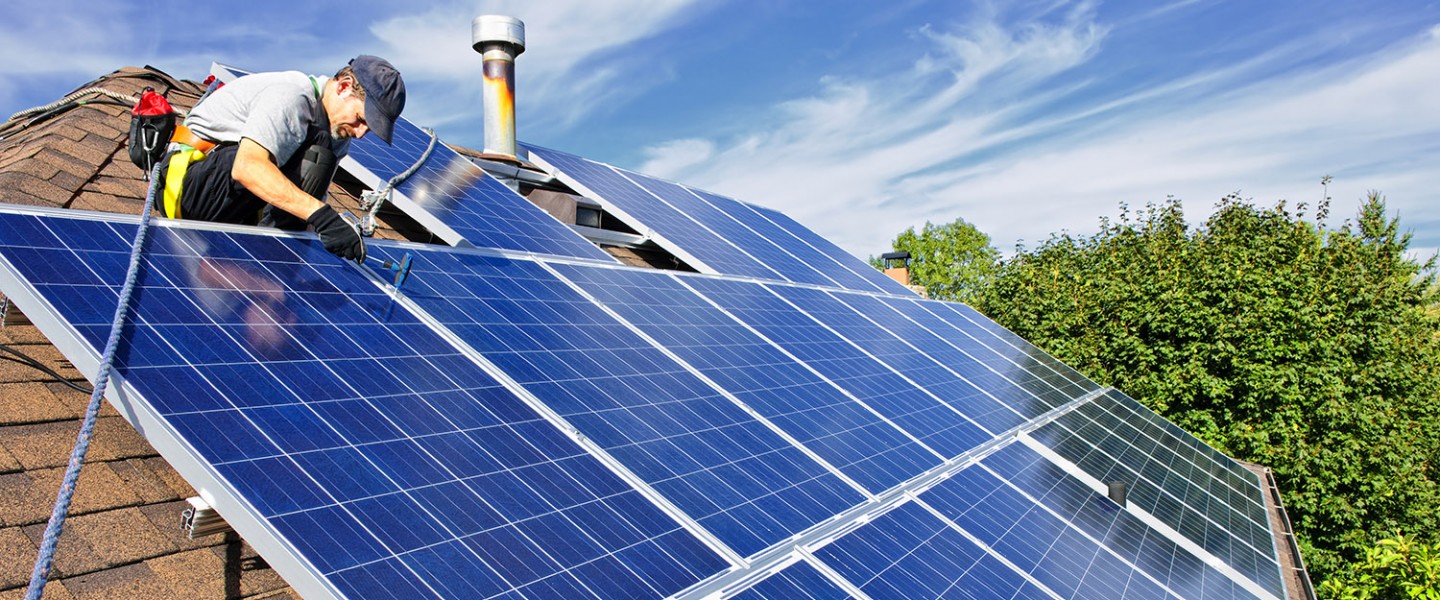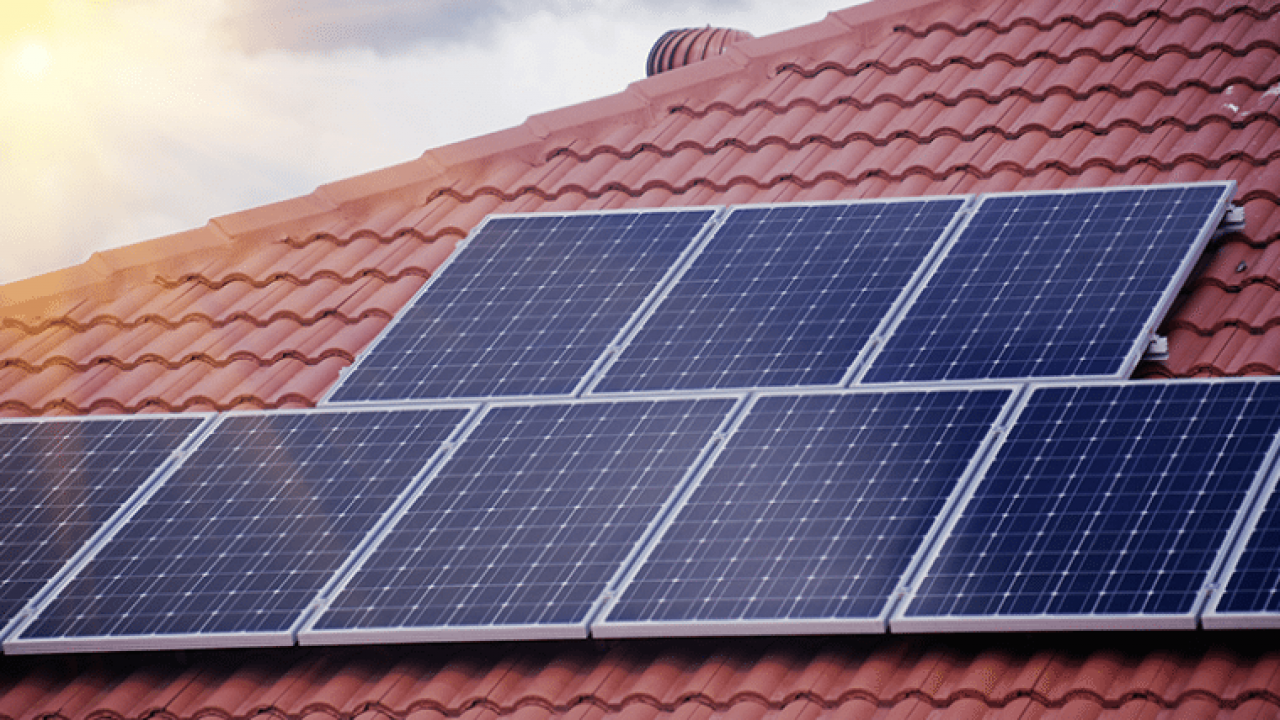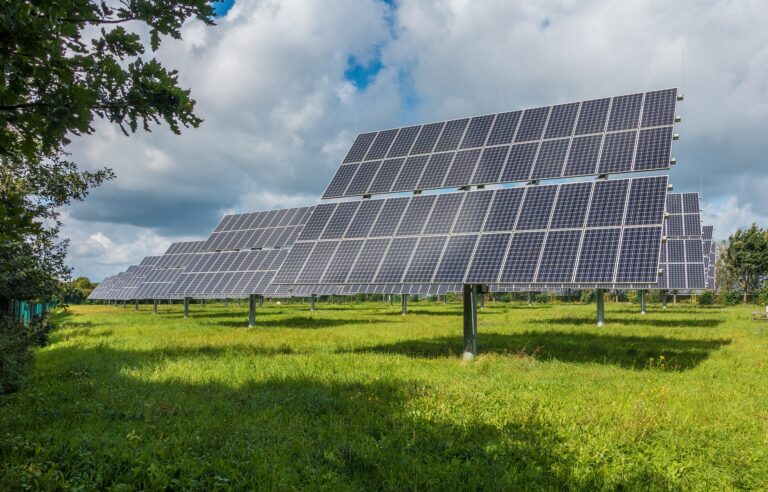As a growing number of people look for ways to reduce their environmental impact, the use of residential solar energy systems has become increasingly popular. With these systems, homeowners can harness the power of the sun and convert it into usable electricity.
This article provides an exploration of the pros and cons associated with using this type of technology in homes across America. From cost-savings to safety concerns, well examine all aspects that should be considered before installing a residential solar energy system.
By looking at both sides, readers will gain insight into whether or not this is an appropriate decision for them and their homes.
Advantages of Residential Solar Energy Systems

Advantages of Residential Solar Energy Systems The advantages of residential solar energy systems are vast and varied. With an effective system in place, homeowners can reap significant benefits in terms of both cost savings and environmental impact.
On the financial side, homeowners can expect to reduce or eliminate their electricity bills depending on how much energy they generate with their setup. Additionally, many states offer tax credits or other incentives for switching to renewable sources like solar power.
From an ecological standpoint, solar installations provide clean energy that does not rely on burning fossil fuels or emitting harmful pollutants into the atmosphere. Furthermore, a properly installed system has very low maintenance costs; once it is up and running all that needs to be done is occasional cleaning and inspection work as needed over time.
Ultimately, installing residential solar systems offers numerous advantages for those looking to save money while helping protect our planet’s future at the same time.
Disadvantages of Residential Solar Energy Systems

One of the main disadvantages of residential solar energy systems is their initial cost. Solar panels and equipment can be expensive and may not be accessible to everyone.
Additionally, installing a solar system requires expertise which can add to the expense of installation. A second disadvantage is that solar energy is intermittent, meaning it’s available only when there are sufficient levels of sunlight, such as during daylight hours or on sunny days.
This means that any excess electricity generated by the system cannot always be stored for later use; instead, it must be sold back to the grid at reduced rates. Thirdly, many states require homeowners who install solar panels to obtain permission from local governments before they begin construction; this process can take several months and incur additional costs due to paperwork requirements and fees associated with obtaining permits. Finally, some homes may not have adequate roof space for a full-scale residential solar system or lack access to direct sunlight which will reduce its efficiency significantly.
Conclusion

The residential solar energy systems offered by Zeal Energy are a great way to save money and reduce your carbon footprint. They allow you to take advantage of the sun’s free energy while helping protect the environment.
You will also have peace of mind knowing that you are using clean renewable energy to power your home. The upfront cost may be high, but with federal tax credits available it can make this form of green energy more affordable in the long run.
With all these advantages, it is easy to see why people are choosing residential solar energy systems over traditional utility-supplied electricity sources.

